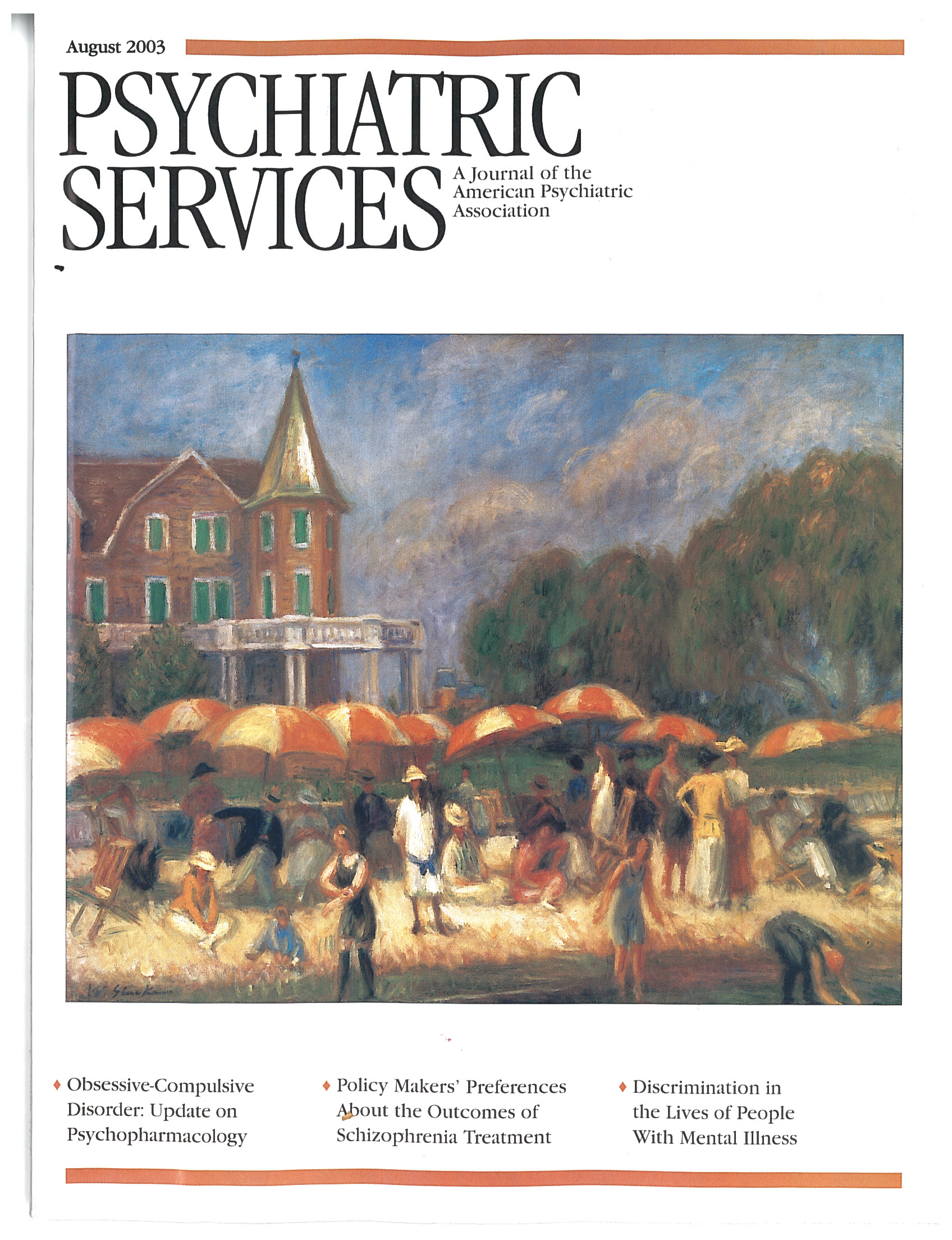Multiculturalism and the Therapeutic Process
The changing demographic pattern of the United States, with its increasingly multiethnic and multicultural population, is having a profound impact on clinical practice and training. In this context, Judith Mishne's book—Multiculturalism and the Therapeutic Process—represents a comprehensive effort to deliver culturally competent care to immigrants and patients from diverse cultural and ethnic backgrounds.
Dr. Mishne, a professor at the Shirley M. Ehrenkranz School of Social Work of New York University, is an experienced psychotherapist who draws from traditional psychoanalytic concepts, self-psychology, and object relation theories to demonstrate how culturally informed psychotherapy can be successfully applied in cross-cultural practice. She says, "The book aims to provide a clear and comprehensive presentation of the fundamentals of cross-cultural psychotherapy," and "at the conclusion of the book I hope the reader will be able to see and feel the impact of culture and ethnicity on the treatment process and in the patients' life."
Multiculturalism and the Therapeutic Process is divided into four parts. Part 1 is an overview of cross-cultural treatment considerations. Starting from the 1950s, the author traces a historical outline of how conceptions of culturally responsive clinical practice have shifted through the decades, reflecting changing paradigms in psychotherapy as well as patterns of immigration. Part 2 deals with the beginning phase of the treatment process. The essential principles of assessment and diagnosis of culturally diverse individuals and the crucially important phase of engagement and therapeutic alliance are skillfully articulated with a detailed discussion of case examples from the authors' experience. In part 3, which covers the middle phase and the treatment process, the author discusses, among other things, transference, countertransference, resistance, and defenses within a culturally competent therapeutic framework, again citing case examples. Part 4, which deals with the end phase of the treatment process, offers insightful suggestions for working through the termination phase.
Overall, the book has several strengths. It is well structured and strikes a good balance between the discussion of theoretical constructs and their application in clinical practice. Dr. Mishne is able to make a carefully crafted and powerful argument for using a psychoanalytic perspective both in the understanding of our patients' ethnocultural intricacies and in the application of specific techniques of psychodynamic therapy within the cross-cultural dyad. Moreover, the wealth of case examples to illustrate the author's model is rarely seen in today's books about cultural mental health. These examples help the reader recognize the clinician's struggle to hear the patient's issues as well as the patient's own struggle to be understood within his or her own unique cultural and ethnic context.
The book is written in a clear, concise, and practical style, an important element that transforms complex and sensitive material into enjoyable reading. In addition, I found all of its chapters to be well referenced. In my view this effort deals a major blow to the myth that psychoanalytic approaches are poorly effective in cross-cultural work.
In sum, Multiculturalism and the Therapeutic Process more than surpasses its stated goals. It will be very useful for clinicians, students, and educators. I intend to use this scholarly and well-written volume in the supervision of my psychiatric residents. In addition, the book will prove to be a valuable text for training sessions and research we conduct at our cultural competence center.
Dr. Caracci is director of residency training in psychiatry at the Mount Sinai School of Medicine Cabrini program and director of the Cabrini Cultural Competence Center in New York City.



